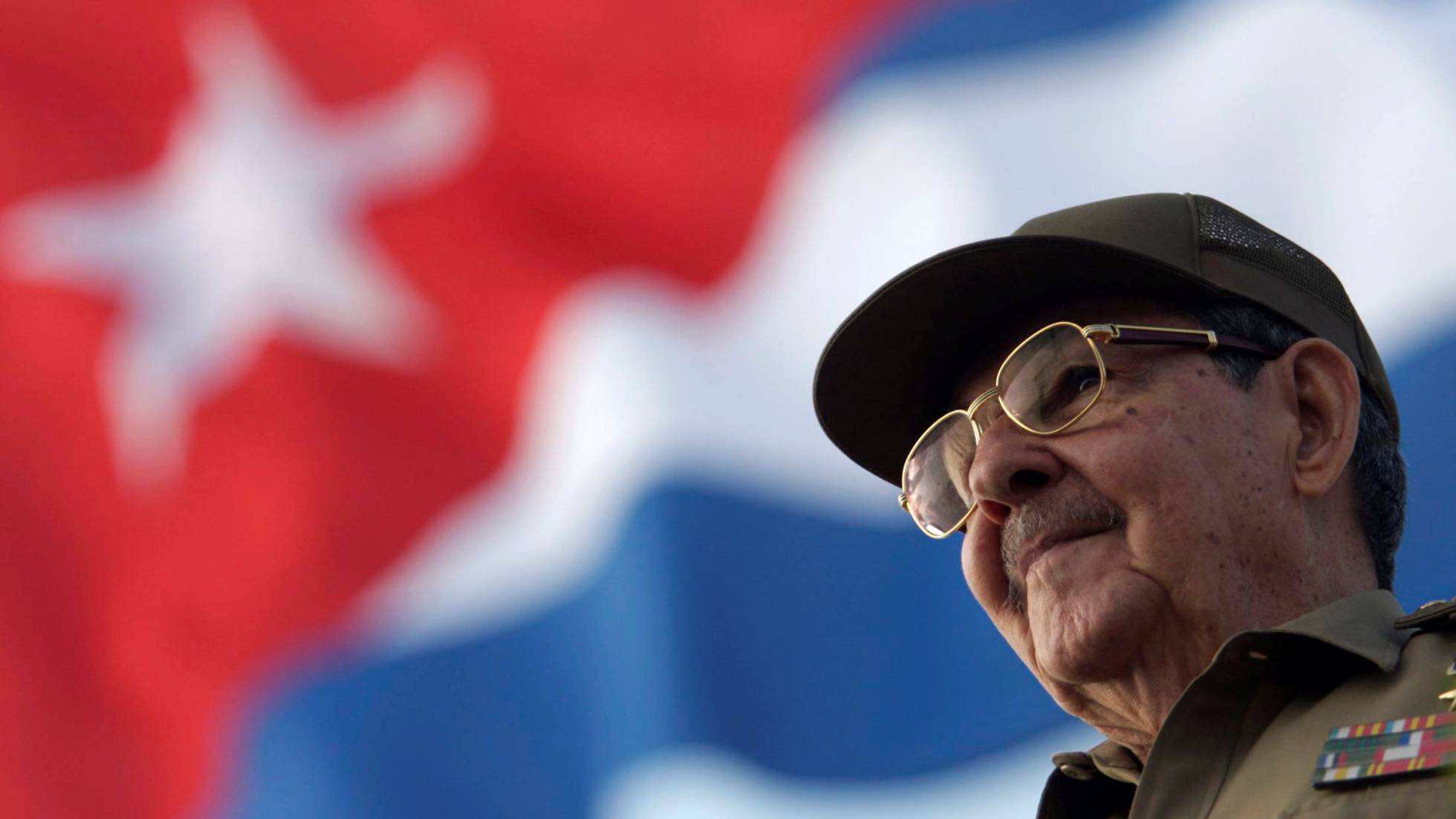Photo by AFP
Raúl Castro has told delegates attending Cuba’s eighth Communist Party Congress that he will be standing down as its First Secretary despite the wish of some to encourage him to continue.
Addressing delegates at the end of a report from the Politburo, which set the scene for the issues to be considered during the Congress, he said he would now serve as just one more revolutionary combatant to the end of his life, “with the satisfaction of duty fulfilled …. not accepting proposals to keep me in the higher organs of the party”.
The twenty-one-page Politburo report that he delivered on 16 April made clear, in part, that while the economic reform process will continue to introduce efficiencies, the Communist Party will not let the process go beyond specific limits.
Delivering the wide-ranging report, Raúl Castro noted that there were those who wished to use the reforms to enable “the massive privatisation of the people’s property”, to establish private practice for some professions, who had “demanded that private commercial importation be authorised in the spirit of establishing a non-state system of internal trade”, and some who had sought “to explode the socialist principle of the state monopoly on foreign trade”.
“These are questions that cannot be confused”, he said. “There are limits that we cannot exceed because the consequences would be irreversible and would lead to strategic errors and the very destruction of socialism and therefore of national sovereignty and independence”, he observed. It can never be forgotten, he told Party members, “that the ownership of the entire people over the fundamental means of production constitutes the basis of the real power of the workers”.
More generally, he said that Cuba’s state business system now faces the challenge of “demonstrating and consolidating its position as the dominant form of management in the economy”.
Since such an outcome cannot be achieved by decree, Castro said, “it is unavoidable to provoke a shaking of business structures from top to bottom” to “definitively banish inertia, conformity, lack of initiative and comfortable waiting for instructions from higher levels”.
“Old bad habits have to be changed and entrepreneurial and proactive traits developed in the management teams of our companies and establishments”, to function with greater autonomy in pursuit of higher levels of production with greater efficiency, he said.
The Congress continues, having broken into three Commissions to consider areas regarded as being of critical future importance to Cuba’s Communist Party.
Chaired by Prime Minister Manuel Marrero, Commission One is to recommend the course to be followed in updating the Economic and Social Policy Guidelines for the period 2021-2026 and the conceptualisation of Cuba ́s economic model. Commission Two led by José Ramón Machado Ventura, the Second Secretary of the Party, is evaluating the Communist Party’s functioning and ideological work, work with youth, the ideological battle on social media, and renovating working methods. The Third is led by President Díaz-Canel and will make recommendations on the selection, preparation and rejuvenation of those in leading positions, as well as on their accountability.
Cuba Briefing went to press halfway through the Communist Party Congress which began on 16 April and concludes on 19 April. A full report on the outcome and details of its new leadership will appear in the next issue.
The Caribbean Council is able to provide further detail about all of the stories in Cuba Briefing. If you would like a more detailed insight into any of the content of today’s issue, please get in touch.






